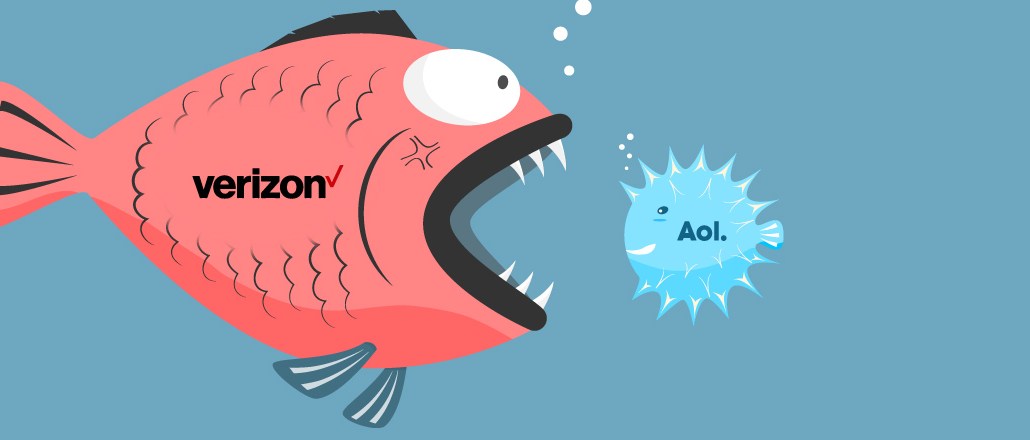Last chance to save on Digiday Publishing Summit passes is February 9

Verizon is going to keep all of its precious consumer data to itself, creating another walled garden in advertising, which, the company hopes, helps it rival Facebook and Google.
Verizon has been telling ad tech partners they will no longer have access to its interest- and location-based data about consumers, according to sources familiar with Verizon’s plans. Verizon has been building an intelligent advertising ecosystem backed by its reservoir of information about consumers and their devices. Verizon can track users’ location, online habits, app preferences, family demographics, and other billing insights that only a wireless carrier could know.
“Verizon has been notifying partners that they are cutting off agreements for their precision insights product,” said the source, who has direct knowledge of the move. “It means that Verizon might only offer its targeting data through its own platform from now on.”
Verizon’s ad platform is becoming more formidable by the day, and a number of sources said it makes sense that it would move to restrict access to its proprietary data.
Ajitpal Pannu, chief business officer at Smaato, said that Verizon’s precision marketing program never quite took off. Prospective partners were reluctant to tap into Verizon’s highly personal consumer data pool, even if it was anonymous data.
“Immediately eyebrows were raised from the start of the program,” Pannu said. “That’s why Verizon’s gone on a whole acquisition spree. They need AOL and Millennial Media, and obviously they’ll use this data but shy away from selling the data.”
The wireless giant recently bought Millennial Media, a mobile ad marketplace, and its big purchase was AOL earlier this summer for $4.4 billion. AOL also recently took over management of Microsoft’s display advertising operations, creating a close partnership between the major Internet properties.
Verizon’s bold acquisitions give it a full lineup of ad tech properties, making it one of the only potential rivals to Facebook and Google when it comes to delivering targeted ads to mobile devices, desktops and digital video, marketing experts said.
It is no surprise that Verizon would start putting its rich consumer insights, information on 135 million subscribers, in a black box that only it can mine. Google and Facebook are similarly strict about how third parties use their data.
Verizon’s precision marketing program has been open to some tech partners on the buy side of advertising, companies that help brands target ads.
Verizon did not return a request for comment.
Jonathan Baron, chief revenue officer of IgnitionOne, said that Verizon’s consumer information is valuable for location-based advertising and other precise targeting criteria.
“Advertisers want to go within 100 yards of a location because they know location-based advertising works,” Baron said. “I imagine Verizon is saying it knows it’s sitting on the golden goose, and it wants to make sure that it gets the golden eggs, not give it away freely.”
More in Media

Brands invest in creators for reach as celebs fill the Big Game spots
The Super Bowl is no longer just about day-of posts or prime-time commercials, but the expanding creator ecosystem surrounding it.

WTF is the IAB’s AI Accountability for Publishers Act (and what happens next)?
The IAB introduced a draft bill to make AI companies pay for scraping publishers’ content. Here’s how it’ll differ from copyright law, and what comes next.

Media Briefing: A solid Q4 gives publishers breathing room as they build revenue beyond search
Q4 gave publishers a win — but as ad dollars return, AI-driven discovery shifts mean growth in 2026 will hinge on relevance, not reach.





